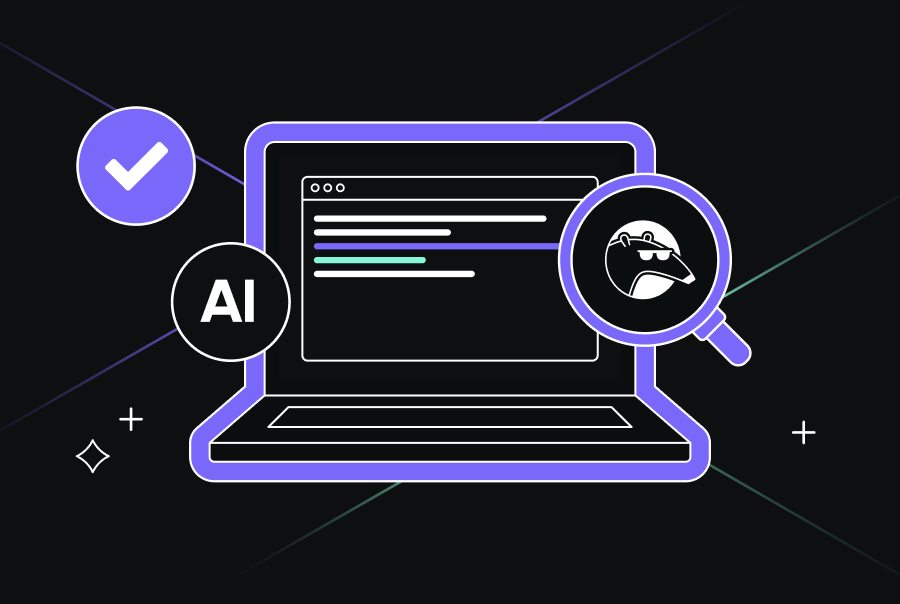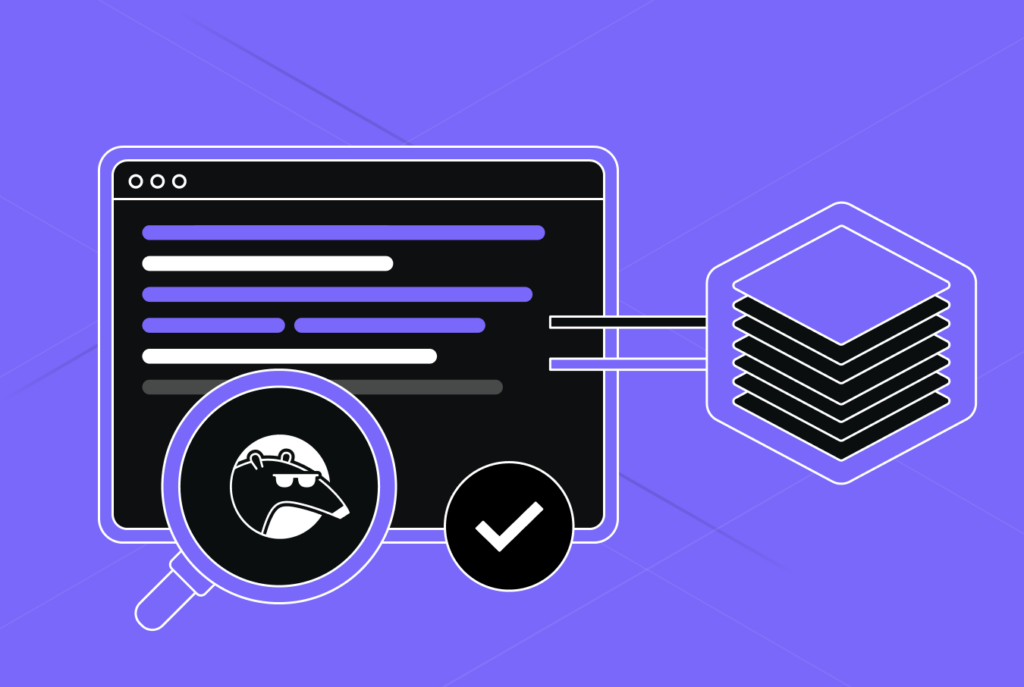How to Effectively Use AI Code Reviewers on GitHub
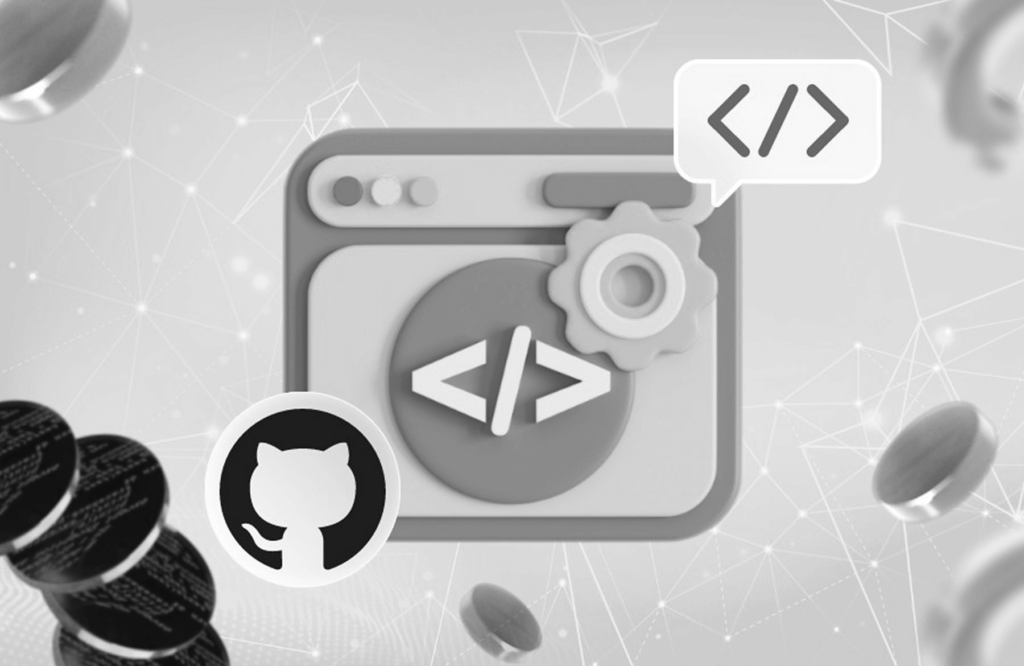

In a standard software development workflow, a developer would work on a feature that would finally be merged to the central code repository via a pull request. A team lead or an architect would then review this pull request to ensure it meets the required acceptance criteria in terms of functional and non-functional requirements. If all are met, the pull request would then be approved and merged into the central codebase.
The code review is crucial as it helps:
- Maintain the overall coding standards.
- Identify potential code smells.
- Identify security vulnerabilities.
- Identify architectural issues.
As a result, code reviews are an important part of the development lifecycle. Traditionally, code reviews were manual, but with the rise of AI, tools can now leverage this technology to improve the overall code review process. These tools analyze code, flag issues, and suggest improvements, making the review process faster and more efficient. In fact, a study by McKinsey suggests that the use of AI software engineering can boost developer productivity by up to 30%.
This article will examine AI code reviewers, their main features and benefits, how to use them, and key AI code reviewing tools and challenges.
What Are AI Code Reviewers?
AI Code Reviewers are used to make the code-reviewing process much easier. It uses machine learning algorithms and natural language processing to analyze code for potential bugs, vulnerabilities, and code smells and even provides suggestions on ways to improve the codebase. In doing so, an AI reviewer can identify issues developers might miss.
With that being said, let’s take a look at some of the key benefits of using AI code reviewers.
Benefits of AI Code Reviewers
1. Speed
AI code reviewers automate repetitive tasks. This allows teams to review and merge code faster,speeding up the development process and helping to meet tight deadlines.
2. Better Code Quality
AI code reviewers can analyze code for potential bugs;sometimes even catching bugs that humans would miss. AI code reviewers also ensure that best practices are consistently followed across the entire codebase.
3. Improved Consistency
Unlike human reviewers, AI code reviewers maintain consistency. They provide comments based on the coding standards without being influenced by the project team.
4. Early Detection of Bugs
AI tools can identify bugs and potential defects early in the development cycle,reducing production errors. For example, AI code reviewers can detect null pointer exceptions in pull requests.
5. Security Vulnerability Identification
AI code reviewers can detect security vulnerabilities such as hardcoded API keys, secrets, SQL injections, or weak encryption methods. By automatically detecting security risks, AI code reviewers help to strengthen the application’s security posture.
6. Integration with Existing Workflows
AI code reviewers can easily be integrated with platforms like GitHub, GitLab, and CI/CD pipelines, making them easy to adopt without disrupting existing processes.
How to Use AI Code Reviewers on GitHub
Using AI code reviewers, we can automatically detect issues and vulnerabilities and suggest improvements. By following the steps below, we can integrate AI code reviewers into GitHub.
Step 1: Choose the right tool
Several AI code reviewer tools are available, such as GitHub Copilot, Qodo DeepCode, and CodeGuru (AWS). It is important to select the correct tool based on your requirements, such as language support, integration compatibility, and the list of features the tool provides.
Step 2: Configure GitHub Integration
Installing GitHub Copilot
- Navigate to the GitHub Copilot page or GitHub settings.
- Subscribe or enable the Copilot plugin for your account.
- Install the Copilot extension in your IDE.
- Authorize access to your GitHub repositories during setup.
Depending on the tool that you select, there will always be an IDE extension that you can install.
Step 3: Analyze Code with the AI Reviewer
- Once integrated, the AI Code Reviewer will automatically analyze the code and provide insights.
Step 4: Incorporate Feedback into Pull Requests
Follow these steps to request a review from AI code reviewing tools (GitHub Copilot).
- Open a pull request
- In the reviewers menu, select Copilot.
- Then, Copilot will provide suggestions based on the pull request.
Step 5: Monitor and Change
- Regularly evaluate the rules and coding standards.
- Update the tool’s configuration to reduce false positives.
- Monitor for updates and new features in the AI tool.
[blog-subscribe]
Top AI Code Reviewer Tools for GitHub
1. GitHub Copilot
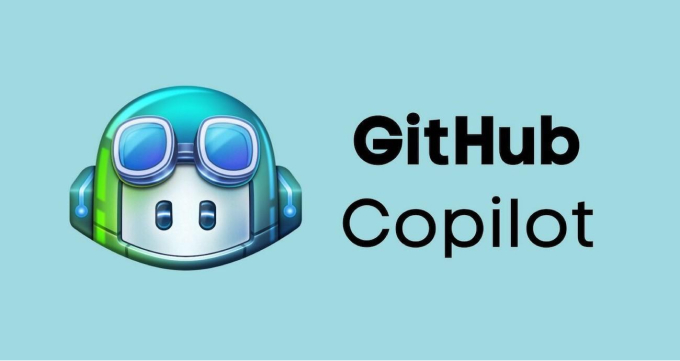
GitHub Copilot is a tool developed by GitHub and OpenAI. It reviews your code and provides suggestions, including providing real-time suggestions while coding. It supports multiple programming languages, including Python, JavaScript, TypeScript, and Go and can be integrated with GitHub and IDEs like VS Code, JetBrains, and Neovim.
2. CodeRabbit
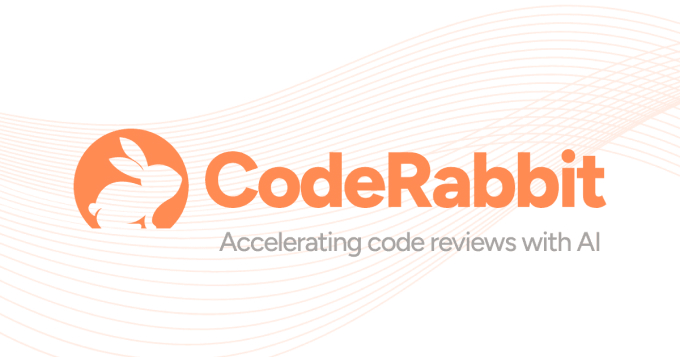
Key features of CodeRabbit include identifying and resolving potential bugs and vulnerabilities within your codebase. The tool can be easily integrated with GitHub to streamline pull request reviews and apart from analyzing code and identifying potential bugs, CodeRabbit allows the configuration of custom linting rules.
3. DeepCode

DeepCode, acquired by Snyk, focuses more on identifying security risks, vulnerabilities, and performance issues. It has the ability to detect security vulnerabilities like SQL injection and XSS., It works with Java, Python, JavaScript, C++, and more, can be easily integrated with GitHub, and can monitor repositories.
4. Qodo

Qodo is the newest AI tool designed for automated code reviews. It can ensure your codebase is up to coding standards and will provide suggestions to improve the readability and maintainability of the code, while flagging inefficient code.
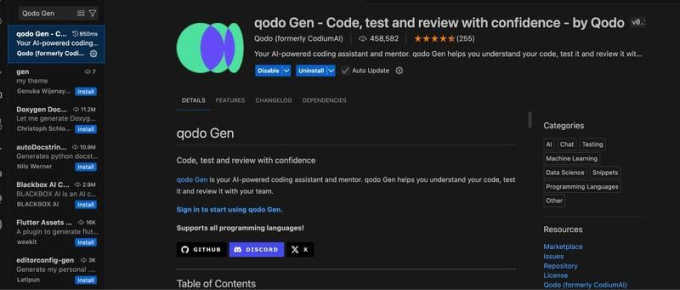
It also supports tailored workflows for specific projects or languages.
Learn more about how to improve code with Qodo.
Challenges of AI Code Reviewers
Even though there are numerous benefits to using AI Code Reviewers, there are challenges as well.
1. Over-Reliance on AI
One of the most significant challenges is that developers tend to rely too much on AI tools.
AI code reviewers can catch many common issues, but they cannot give suggestions based on experience the same way technical leads can.
For example, if we have a business logic or a performance issue based on the system, tech leads can give better reviews as they know the system better than the code reviewing tool does. If the backend process time is too much because of an external dependency, tech leads can provide better guidance on modifying the code to handle the external dependency.
2. False Positives
False positives are another challenge developers face when it comes to AI code reviewers. AI code reviewers have a preconfigured set of rules that might not be applicable to the project, leading to unnecessary corrections. Furthermore, when the developers have unnecessary suggestions, they might miss the critical issues. When the developers have non-critical issues and focus more on them, they might be wasting time that could be spent on actual development.
Future of AI in Code Reviews
As development teams increasingly use AI Code reviewers, it’s important to consider the future trends and predictions for these tools.
1. Trends
Integration with Development Workflows
AI code reviewers will be deeply integrated into platforms like GitHub, GitLab, and Bitbucket. As a result, developers will be able to get real-time feedback during pull requests, reducing iteration cycles by going back and forth with technical leads.
Context-Aware Reviews
Future AI tools will be able to provide suggestions based on projects using natural language processing (NLP) and deep learning. By analyzing documentation, commit history, and project architecture, these tools will offer context-aware suggestions based on the business requirements.
Customized and Self-Learning Models
In the future, there will be AI code reviewers with self-learning capabilities, which will allow AI reviewers to modify their rules based on developer input. This will reduce false positives and remove unnecessary suggestions.
Focus more on Security and Compliance
In the future, AI code reviewers will focus more on security and compliance. AI code reviewers are expected to integrate advanced security scanning. These tools will detect vulnerabilities, such as injection attacks or insecure API usage, and suggest fixes based on compliance standards like GDPR or HIPAA.
2. Predictions
Automation at Scale
AI code reviewers will be able to handle huge amounts of repositories with millions of lines of code. This will result in the removal of automated reviews and the enabling of faster deployment cycles.
Conclusion
AI code reviewers have, and continue to make a tangible impact on the lives of developers and tech leads. By automating repetitive tasks, ensuring code is up to the coding standards, and detecting bugs, these tools reduce the load on developers,enabling them to focus more on new developments and innovation.
There are many AI code-reviewing tools on the market, including GitHub Copilot, Code Rabbit, Deep Code, and Qodo. While the benefits of using AI code reviewers is undeniable, there are challenges as well, such as over-reliance on AI tools and the occurrence of false positives.
Despite the challenges, AI Code reviewers are undeniably shaping the future of software development, and have already played an important role in the reviewing process. By embracing these tools, developers and organizations can unlock new levels of productivity, quality, and collaboration, setting a bold new standard for what’s possible in the world of software development.
